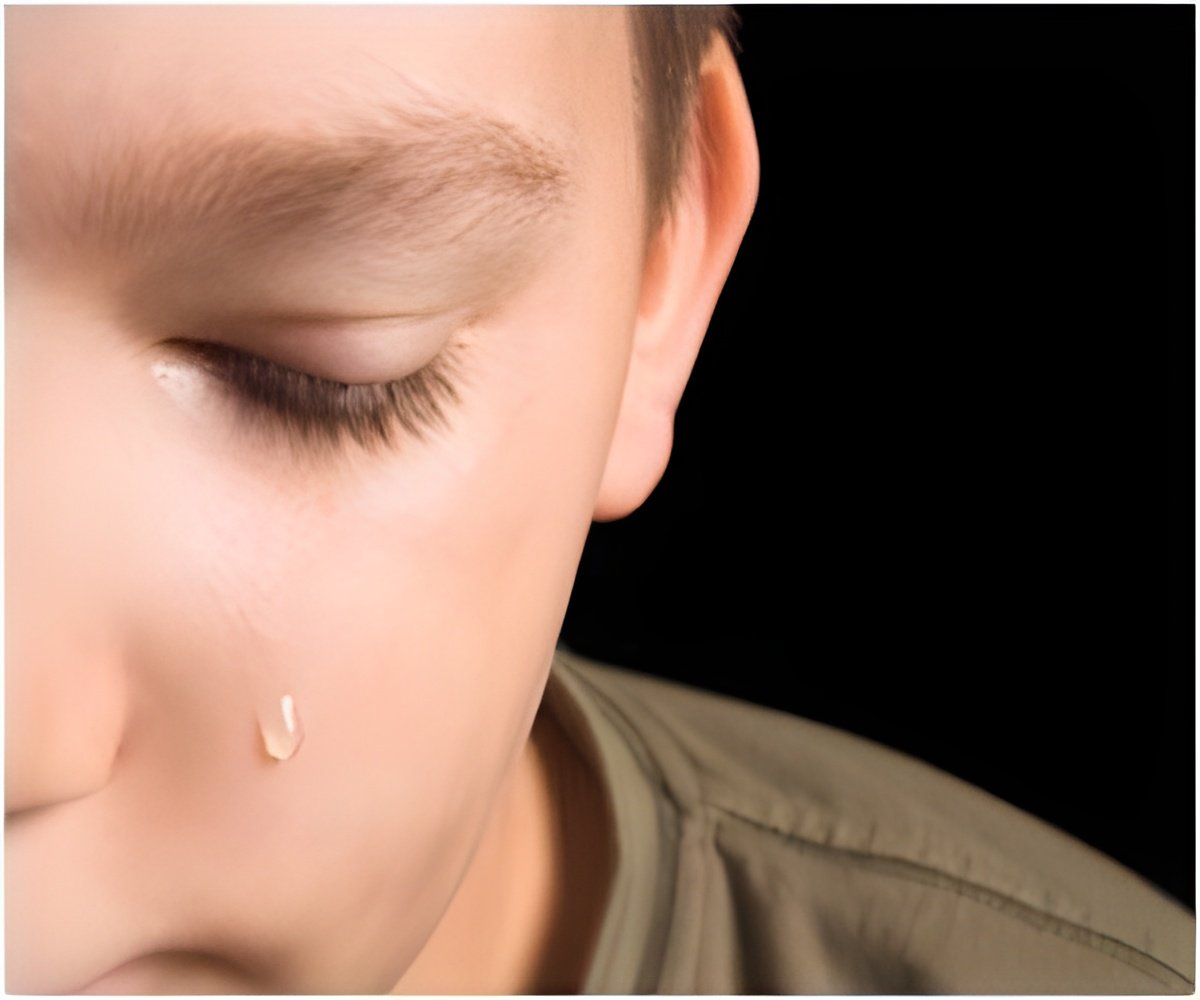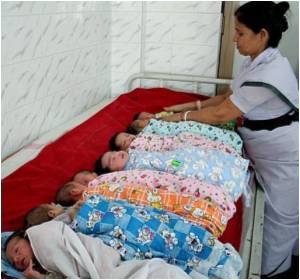Over 4,000 international adoptions take place in Spain every year. Although the process of adaptation of these children is very similar to that of those living with their biological

The most differentiating aspect among adopted children is that they are less likely to somatise psychological problem and thus suffer less from problems related to somatisation, i.e. the appearance of physical symptoms caused by anxiety or psychological conflicts. With regards to differences between girls and boys, variations seen in the adaptation abilities of adopted boys were not observed among girls.
The research points to the fact that the time spent at a centre before being adopted is related to different areas of development such as behavioural problems, shorter attention span, depression, and weaker adaptation and social abilities, all of which coincide with results in other international studies.
The research notes that children from Eastern European countries (Bulgaria, Russia and Ukraine in this case) have more difficulties in adapting, are more likely to have attention problems, and poorer adaptation and interpersonal relation skills. In contrast, children from other countries experience the adaptation process similarly to non adopted children. Researchers believe these differences could be due to country-specific conditions before and after birth, as well as to tobacco or alcohol consumption during pregnancy. Another aspect studied was that attention problems appear more frequently in children adopted after the age of three.
The study, published in the Spanish Journal of Psychology, was carried out by Natalia Barcons, Albert Fornieles and Carme Costas, researchers from the UAB Department of Clinical and Health Psychology.
Advertisement









